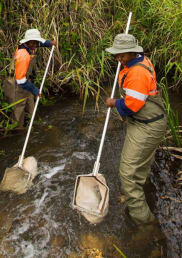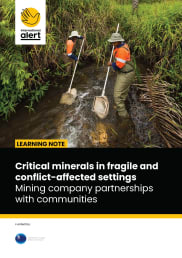How can the economic recovery from the COVID-19 pandemic enhance peace in Kenya?
This background paper identifies some of the conflict sensitivity risks in the economic recovery from the pandemic in Kenya in the short, medium and long term.
In the drive towards economic recovery, it is important to remember that conflict and peace dynamics are frequently shaped by the political economy and Kenya has long been prone to incidences of violent conflict, particularly around election cycles. Kenyans will go to the polls for a constitutional referendum in 2021, followed by general elections in 2022.
Economic marginalisation and high levels of inequality are frequently exploited to cause conflict. The COVID-19 pandemic, and the response to it, have already exacerbated conflict dynamics; use of excessive force and violence by the police in enforcing containment measures during the initial lockdown was widely documented. Our own programming has observed increased conflicts over cross-border trade and between landlords and tenants in informal settlements.
A conflict-sensitive approach to economic recovery requires an understanding of the way interventions in economic life impact on an area, and how the interventions themselves are shaped by conflict dynamics. Those working to support recovery, including policy-makers, donors and civil society, must act to minimise negative impacts on conflict and hopefully to see opportunities for peacebuilding.
This paper draws on our work in the field of conflict-sensitive business practice, peace economies and gender sensitivity, as well as recent research on the economic impact of COVID-19 on Nairobi’s informal settlements. The paper is intended for those engaged in policy-making and development programming that contribute to the wider processes of economic recovery. This includes the Kenyan government (at both national and county levels), donors, businesses and investors (local, national and international) and civil society in their roles as a voice for the marginalised and powerless.
This is not an exhaustive list of strategies and responses, but is intended to provoke discussion and debate on how a peacebuilding lens can be built into economic recovery in Kenya and similar locations.
Peace Research Partnership
This report was produced as part of the Peace Research Partnership (PRP), a process of participatory research with partners and communities in conflict-affected areas around the world. The aim of PRP was to generate and share knowledge about how international actors, like INGOs and donors, can best support peaceful and inclusive change in conflict contexts. The research partnership was funded by the UK government. However, the views expressed do not necessarily reflect the UK government’s official policies.






